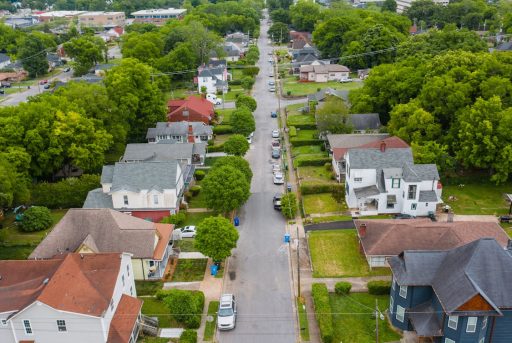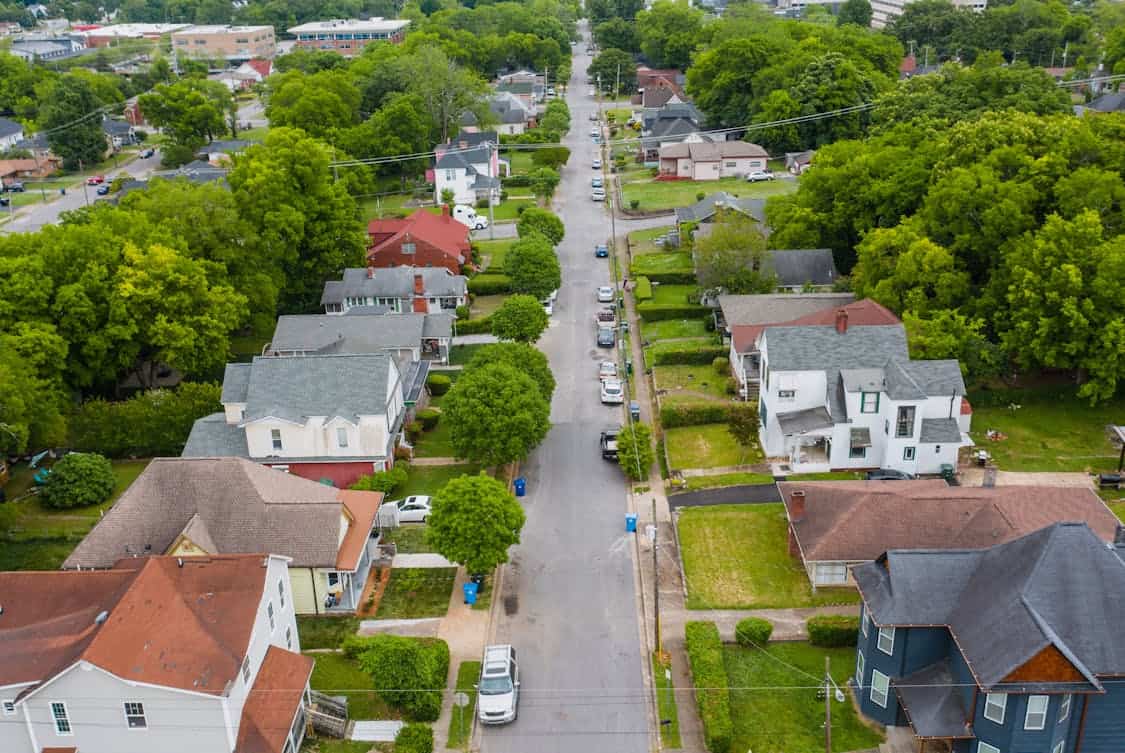When it comes to buying a home, location is often the most critical factor. A beautiful house in the wrong setting can lead to a host of problems.
Let’s explore why location matters so much and how it can impact your decision-making process.
The Value of Neighborhoods
The neighborhood you choose to live in can dramatically affect your home’s value. Properties in sought-after areas tend to appreciate faster than those in less desirable locales.
Think about the kind of environment that appeals to you. Are you after a quiet suburb or a lively urban setting? Your choice will influence not just your lifestyle but also your investment potential.
A neighborhood’s reputation can be a double-edged sword. High-performing schools, low crime rates, and community amenities like parks or shopping centers add to the desirability.
On the flip side, areas struggling with crime or poor schools can deter buyers, placing downward pressure on home values. It pays to do your homework on local demographics and amenities — take Aveling Homes as an example, where careful consideration of location plays a huge role in the long-term satisfaction of homeowners.
Accessibility is Key
Location affects how easily you can navigate your daily life. Commutes to work, school, or recreational activities can take a toll if your home isn’t strategically placed. A great house that requires an hour of driving each day can become a source of stress rather quickly.
Public transportation access is another vital aspect. If you rely on buses or trains, check how close these services are.
A home near public transport can save time and money. Convenience in commuting can offer a better quality of life, making a longer journey worth it for a visually pleasing home.
Future Development and Trends
What’s hot today may not be tomorrow. Areas deemed up-and-coming often attract investors, leading to new amenities, businesses, and recreational options.
A neighborhood that seems less desirable now could become the next big thing. Keeping an eye on local council plans, new schools, or shopping centers can provide insight into future growth.
Trends in urban living can also play a role. Many people prefer walkable neighborhoods with access to cafes, parks, and entertainment.
If you’re hunting for a home, consider how these preferences might evolve in coming years. A location that accommodates changing lifestyles can be a wise choice.
Safety First
You can’t put a price on peace of mind. Safety is often a primary concern for homebuyers.
Research crime rates in the area, talk to locals, and listen to your instincts. A low-crime area will not only offer security but also make your home more attractive to future buyers.
Neighborhoods with community programs and active local groups tend to foster a sense of safety and belonging. These elements can create a vibrant community atmosphere, making it easier to build connections and friendships.
Schools Matter
For families, the quality of local schools is non-negotiable. Homes located in districts with high-performing schools typically have higher property values. Even if you don’t have kids, quality schools can enhance resale potential later down the line.
When evaluating schools, consider their ratings but also look at programs, resources, and community involvement. A strong educational environment can serve as a cornerstone for a thriving community, affecting property values for years to come.
Lifestyle Compatibility

Your home is a reflection of your lifestyle. Do you enjoy outdoor activities? Proximity to parks, trails, or recreational centers can enhance your experience.
Conversely, if you thrive on cultural experiences, living near theaters, galleries, and restaurants might suit you better.
Consider what makes you happy. A house in a remote area may feel tranquil, but isolation can be disheartening if you thrive in social settings. Think about your day-to-day routine and how the location can support or hinder your lifestyle.
Community Culture
Every community has its unique vibe. Whether it’s family-oriented, artistically inclined, or tech-savvy, the culture can significantly affect your living experience. Engaging in local events and activities can enrich your life and create a sense of belonging.
Take time to visit the neighborhood at different times of the day. This will give you a feel for daily life and the community’s energy. A vibrant, active community can make settling in more enjoyable.
Resale Value
Real estate is an investment. Ideally, you want your property to appreciate over time. Location plays a pivotal role in determining future resale value. Homes in desirable areas tend to sell faster and for more money.
Before buying, think long-term. What factors might influence your home’s value? Economic growth, population shifts, or even changes in zoning laws can drastically impact property prices. A little foresight can go a long way in making a smart investment.
Environmental Considerations
Location also involves geography and climate. Homes near water bodies might offer scenic views but can come with flood risks.
Areas prone to natural disasters can also pose challenges. Understanding the environmental factors in your chosen location is crucial.
Check flood zones, fire risks, and other environmental concerns before making a purchase. These factors can influence insurance rates and living conditions, impacting your overall satisfaction with your home.
Local Economy
A thriving local economy can enhance your living experience. Areas with diverse job opportunities can attract a vibrant community, leading to better amenities and services. Investigate local job markets, major employers, and economic drivers that influence the area.
Understanding the economic landscape can help you gauge the stability of your investment. A strong local economy can reduce the risk of property devaluation and provide a stable living environment.
Cultural Amenities
Access to cultural offerings adds a layer of richness to life. Museums, theaters, concert halls, and festivals can turn an ordinary neighborhood into a vibrant hub. If cultural engagement is vital for you, consider how close you are to these amenities.
A community with active cultural programming can provide endless opportunities for enjoyment and social interaction. This can make your living experience more fulfilling.
Social Environment
Your neighbors can impact your living experience as much as the house itself. Friendly, welcoming neighbors can create a supportive atmosphere. Conversely, a community with less engagement can feel isolating.
When scouting homes, take note of the people around you. Are they outside enjoying their yards? Is there a sense of community? Engaging with potential neighbors can give you a good sense of what life in the area is like.













